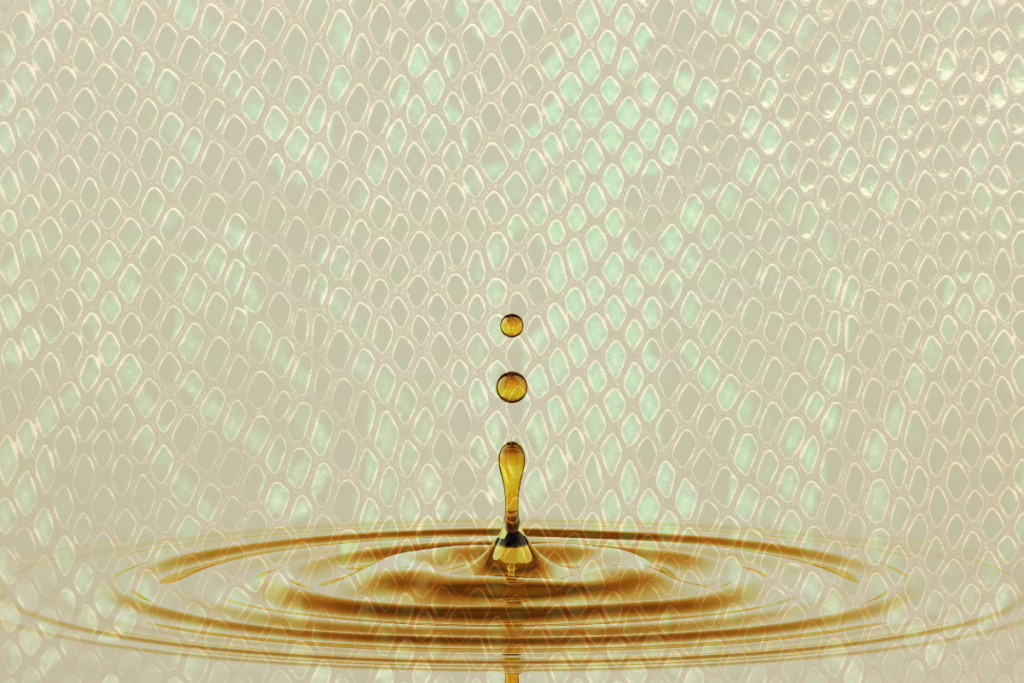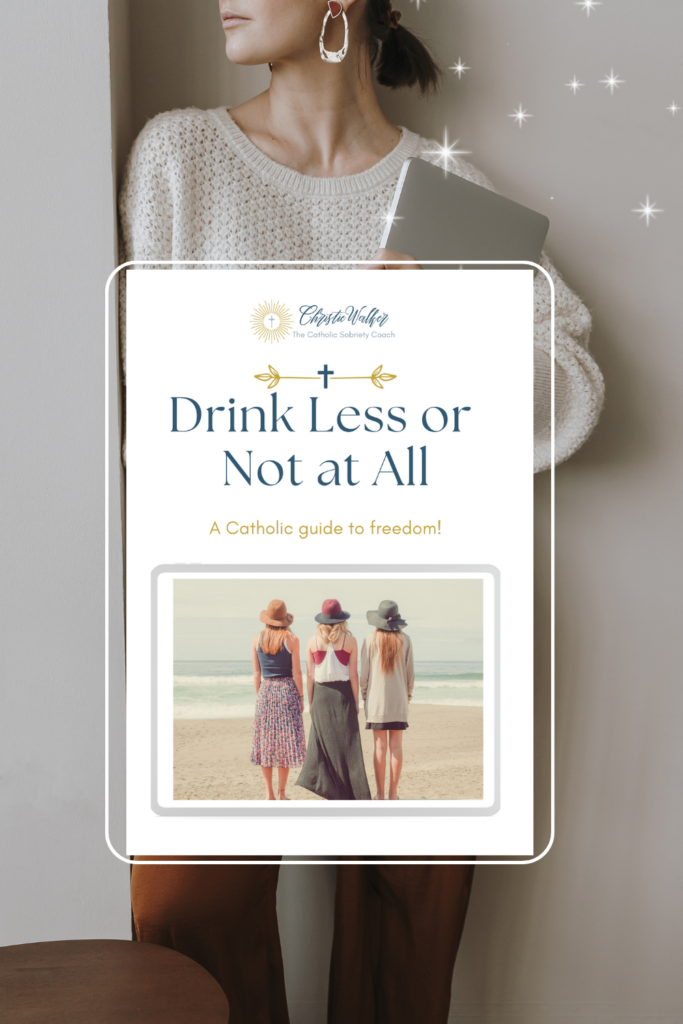Have you ever heard of the game show Snake Oil?
Snake Oil is a game where contestants try to determine which products are fake or real.
However, it is not as simple as that. As the show warns their audience, “…some of the claims about products and services from the show may be outrageous or made up. Assess these products and services for yourself and do not rely on any claims or statments made about them in the show.”
I kind of think a similar statement should be required for all alcohol ads and placed on alcohol labels – but I don’t see that happening anytime soon.
Inspired by this show, I was inspired to delve deeper into the historical origins of snake oil and its transformation from a legitimate remedy to a symbol of deception and exploitation.
Then, I’ll draw parallels between snake oil and alcohol, exposing the lies perpetuated by the latter.
But first, let’s journey back to the 1800s, a time when snake oil was hailed as a miraculous cure-all derived from the oil of the Chinese Water Snake.
Chinese workers introduced this remedy to America during the construction of the Transcontinental Railroad, where its purported medicinal properties gained popularity.
However, unscrupulous individuals capitalized on this trend, producing counterfeit snake oil made from rattlesnakes and laden with alcohol and opium. The once-legitimate remedy became synonymous with fraud and deception, ultimately leading to its downfall.
Now, let’s explore five lies propagated by alcohol, echoing the deceit of snake oil:
- “I’ll calm you down.” While alcohol may temporarily alleviate stress, relying on it as a coping mechanism only perpetuates unhealthy patterns. Rather than addressing the root causes of stress, alcohol exacerbates mental health issues, leading to feelings of shame and guilt.
- “I’ll help you sleep.” Despite its sedative effects, alcohol disrupts sleep patterns, resulting in poor-quality rest and nighttime awakenings. Far from promoting restorative sleep, alcohol-induced sedation undermines overall sleep quality and leaves individuals feeling fatigued.
- “I make everything better.” Alcohol dulls our senses, blurring the line between reality and illusion. While it may temporarily mask unpleasant emotions, it also numbs us to life’s joys and inhibits genuine connection and fulfillment.
- “You are nothing without me.” Many individuals fear social isolation or believe they’re less enjoyable without alcohol. However, intoxication diminishes one’s authenticity and inhibits genuine connection. True fulfillment and charisma stem from genuine connection and self-awareness, not alcohol-induced euphoria.
- “I am the solution.” Alcohol promises relief and escape but fails to address underlying issues. It serves as a temporary fix, masking pain and insecurity without offering genuine healing or fulfillment. Like snake oil, alcohol is a false remedy that ultimately exacerbates problems rather than solving them.
These parallels between snake oil and alcohol underscore the dangers of relying on substances to cope with life’s challenges.
Just as snake oil promised miraculous cures but delivered addiction and harm, alcohol offers false solace at the expense of true healing and fulfillment.
As someone who has journeyed through 27 years of sobriety, I can attest to the transformative power of relinquishing alcohol’s grip and embracing a genuine relationship with Christ.
Only through this encounter can we find true fulfillment and healing, transcending the empty promises of alcohol.
While there’s much more to explore on this topic, I’ll save it for future episodes. In the meantime, I encourage you to reflect on the parallels between snake oil and alcohol in your own life, and consider the path to true healing and sobriety.
Do you feel like you drink too much? Grab my free guide. Just click on the image below…



